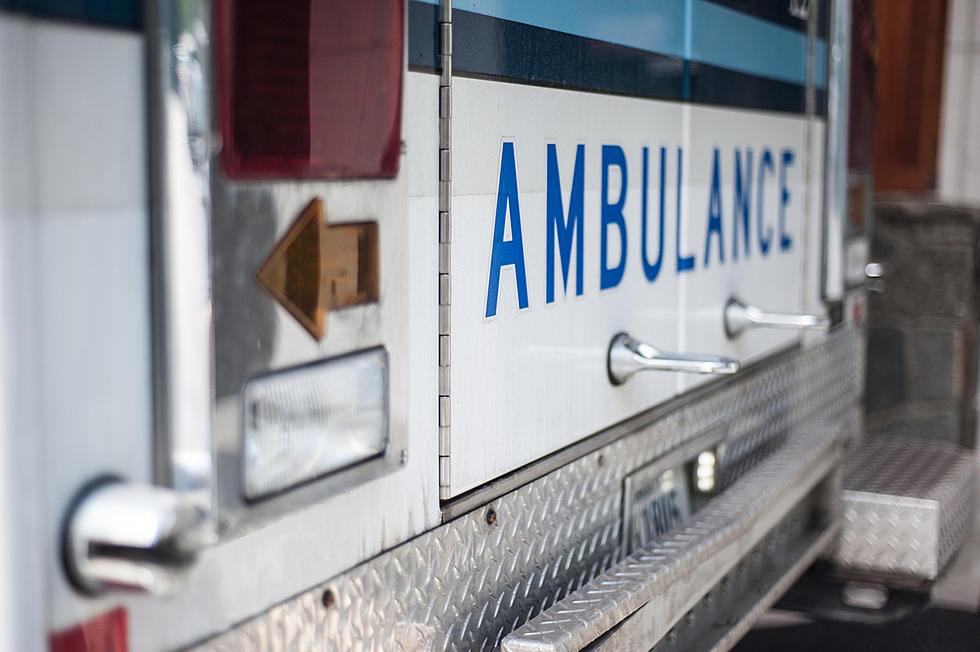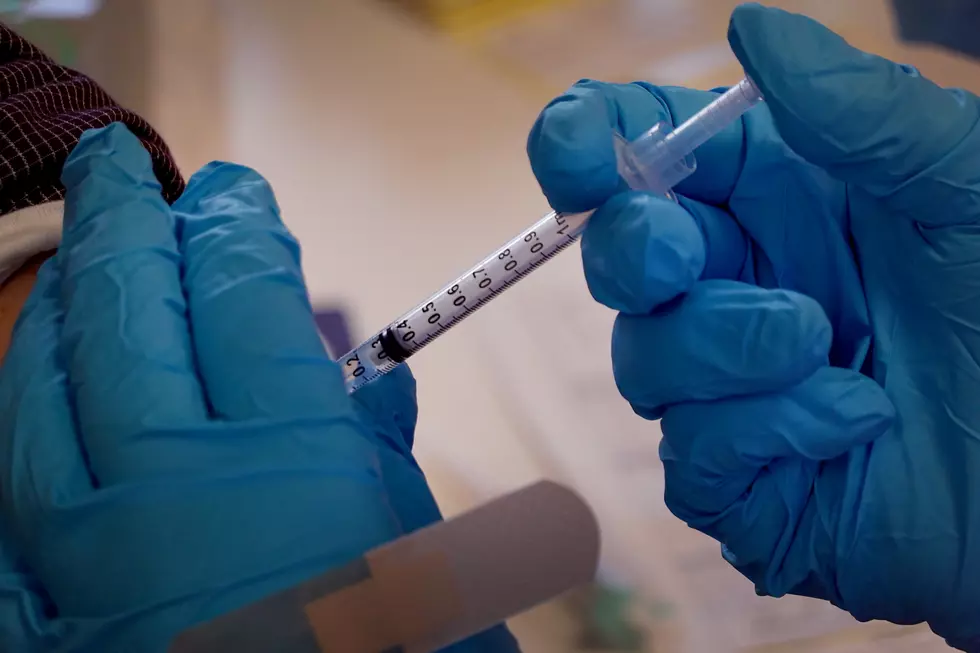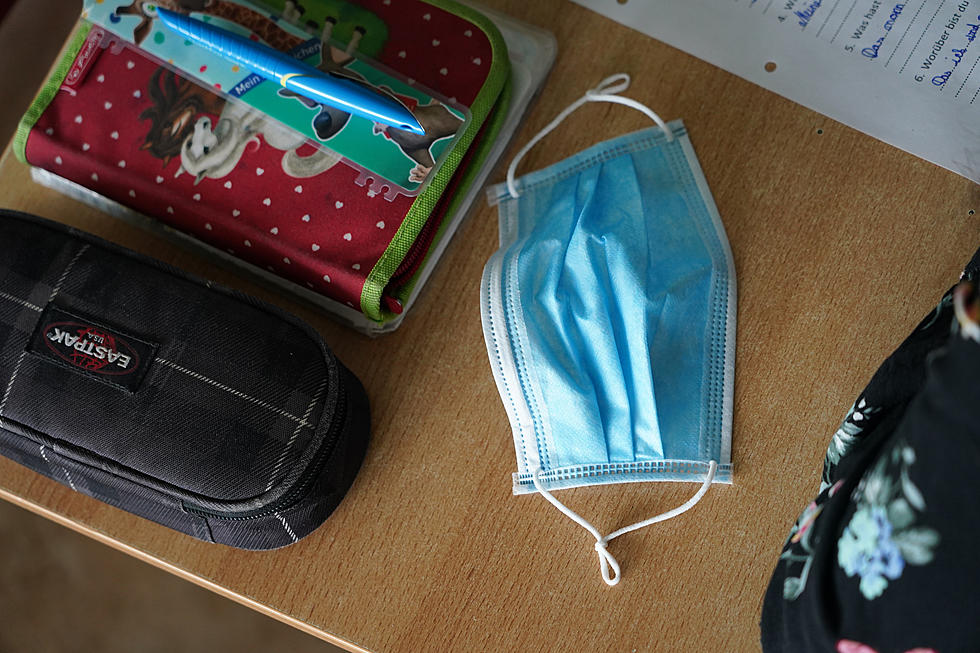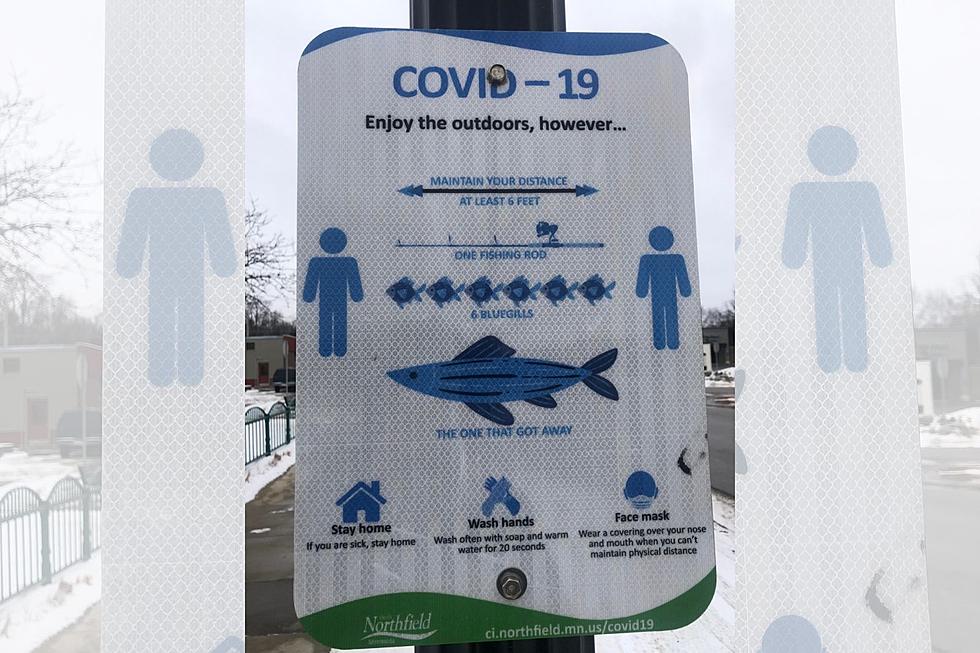
Are Ambulance Diversions A Cause For Concern In Minnesota?
As we continue to see increases in cases of COVID-19 during the winter months here in Minnesota, it's also becoming commonplace to hear about ambulances carrying sick/injured individuals being diverted from the nearest hospital over a lack of beds. So should Minnesotans be worried about the increase in diverted ambulances, and what should you know about the tactic?
According to a recent screenshot of the Minnesota branch of Emergency Medical Service Regulatory Board, and looking through the past minutes of their meetings it's become clear to many that the process of ambulance diversion, which was originally developed outside of a pandemic, isn't working long-term in this current environment with many facilities requesting ambulances be diverted.
Board member Dr. Aaron Burnett, who practices Emergency Medicine at Regions Hospital in St. Paul and Lakeview Hospital in Stillwater went so far as to address the issue during the November EMSRB board meeting.
Burnett during the meeting "said the metro region is broken up into two areas the East and West (Hennepin and Ramsey County) and surrounding communities. He said hospitals can say they cannot handle any more ambulances and those ambulances are diverted to another hospital. Both sides of the river have an agreement that if three hospitals go on divert at the same then all hospitals are forced open and the divert ends. The patients must go somewhere. This system has been in place for a long time but is collapsing and needs immediate change. He said Regions Hospital has been forced open 200 times in EMSRB Board Meeting Minutes – November 18, 2021 Page 6 of 11 the last six months. In November this number increases to two and a half times a day. He said this causes stress to the EMS system, to our providers, to our hospitals, and most of all to the patients. He said this hits home when you realize your local hospital would have closed their doors to you and told you to go somewhere else. This is a problem that is occurring throughout the metro region, statewide, and nationally. Dr. Burnett said when hospitals are forced off divert, they get the job done. They find a way. He said other states have outlawed diversion. There is precedence for getting rid of the divert system on a statewide level. He said this is also being discussed nationally. He said it is time right now to handle this because we are in a crisis. Dr. Burnett provided a handout in the Board packet and this letter was distributed publicly and the vote was unanimous. He said divert was intended to be a short time-limited fix for a hospital to recover. He said divert is not solving the problems."
Burnett went on to say during the meeting that "divert[ing] has no statutory authority behind it. It is a request from a hospital and ultimately EMS medical directors have the authority to honor the divert or to override it. He said this action is an attempt to lead the way forward and this needs to be discussed as a statewide issue. The key question is what is best for the patient. Dr. Burnett asked that each of the regions look at how the diversion is happening today. He offered his assistance and suggested working with local hospitals to find the deficiencies in the divert system in each region and look for solutions. He said this does not impact patients that have specific subspecialty verifications (trauma, level one heart center needs, neonatal patients). He said hospitals must be ready to take care of the communities they serve. Dr. Burnett said an additional issue is that St. Joseph’s Hospital closed their emergency department in the middle of a pandemic so in St. Paul we went from three tertiary care centers to two. He said there needs to be a discussion on how a region would handle it if a hospital would close. This is a statewide problem."
Today, a notice from the EMSRB was shared on social media by the Minnesota Public Safety Monitoring Page, stating that once again EMS can override a diversion, as it's a request by the hospital, and not something that is 'statutory' in nature.
So what can you do about it? Not much, but you can try and stay healthy as to not tax our healthcare systems any more than they are with emergency room visits and COVID-19 patients. We can however help support our first responders and EMS personnel as they have been working non-stop for the past 21 months.
You can read the entire November board minutes for the EMSRB here, the board will be meeting again tomorrow morning.
Minnesota's Most Unique Airbnb Is The Perfect Destination For Relaxation
Funny: Minnesota's 15 Biggest Holiday Pet Peeves
More From KDHL Radio









